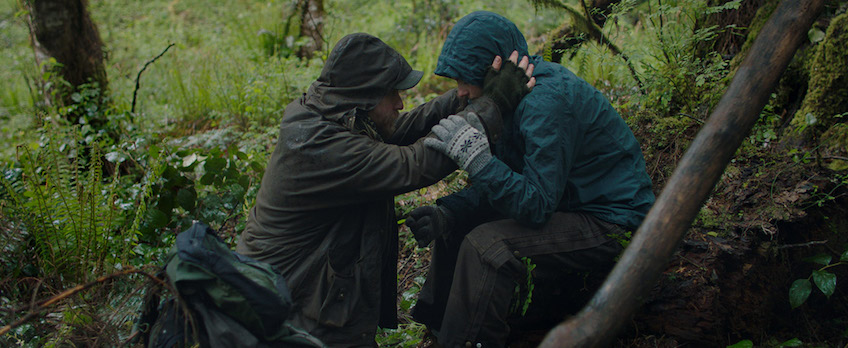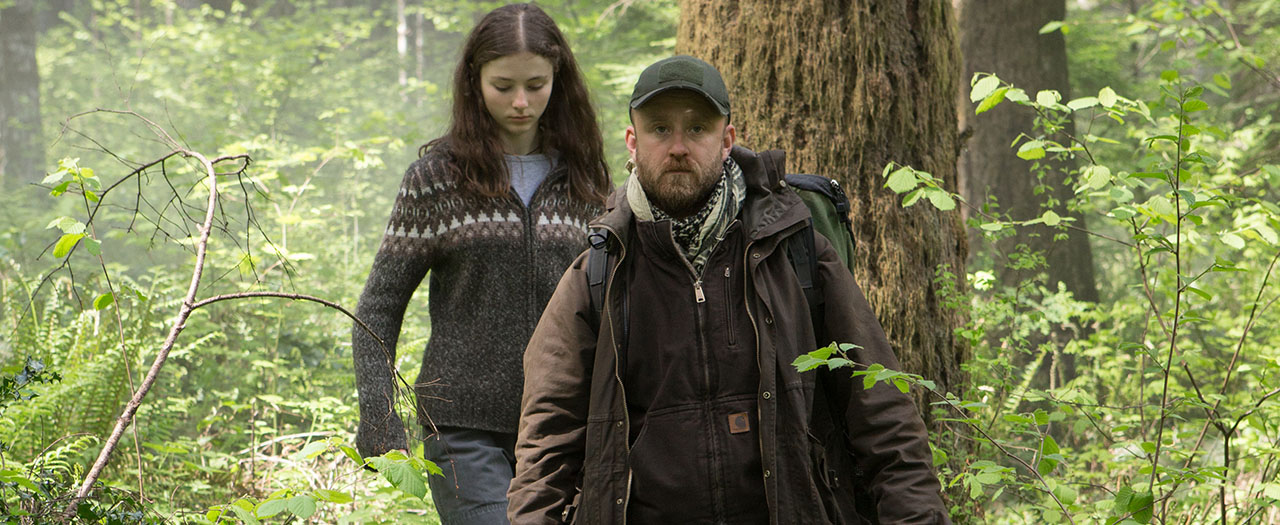Uncompromising Voices: An Interview with Leave No Trace Director Debra Granik

Critics Campus participant Debbie Zhou sits down for a conversation with Leave No Trace director Debra Granik at MIFF 2018.
Debra Granik is tired. Her newest feature, Leave No Trace, premiered at Sundance way back in January, and since then she’s travelled the film festival circuit – which now brings her halfway across the world and here, to the Melbourne International Film Festival. It’s where I meet her, in a near-empty hotel lobby with absurdly bopping music playing overhead, and a publicist waiting, phone in hand, for the next interview to clock in.
With this sort of schedule, Granik could be forgiven for being testy, but instead she’s warm and philosophical. "People can [still] be okay with each other, they can be decent," Granik says. She may be talking about the basic human empathy that drives her films’ characters, but the way she says it suggests it's more than that – almost a credo.
Since landing in Melbourne, Granik’s days have been jam-packed with talks, Q&As, and film introductions, not to mention screenings she's missed along the way (tonight it's Alice Rohrwacher’s Happy as Lazzaro). But even winding down at the end of a busy day, her quietly thoughtful manner belies a fiercely single-minded and compassionate intelligence.
She fires up when asked where her film fits in against the current state of America under Trump’s presidency. “What that did was, it made boring, ordinary decency seem like something special,” Granik says. “It’s painful to think that you have to go through really horrendous political devolution to appreciate what was very ordinary in the past.”

Leave No Trace, an adaptation of Peter Rock’s book My Abandonment, details a father, Will (Ben Foster) and his 13-year-old daughter, Tom (Thomasin Mackenzie), who live off the grid in an enormous Portland forest reserve. As in her previous fiction films (Down to the Bone, Winter’s Bone), Granik interrogates what it means to live on the margins of society – only this time, she strips it back to human survival. Creating her trademark intimacy against this backdrop was a challenge, Granik tells me. “Cinematographer [Michael McDonough] got to get really close to [the actors]. He wore knee-pads, and he was often at the fire circle with them, or kneeling right at their tent." That handheld, below-eye-level style of shooting, she says, helped evoke Will and Tom’s tranquil lifestyle. “I think if it had been on [tripods], you’re not as inclined to move the camera as much. It doesn’t have that level of serenity.”
This makeshift father-daughter haven is threatened by forces both external and internal, in particular Will's subtly evoked PTSD. Granik’s last project, the feature documentary Stray Dog (2014), examined PTSD through a Vietnam veteran’s perspective, and in Leave No Trace, the director uses a similarly anthropological lens. “The Veterans Association has a really impossible task,” she says. “There will always be some portion of people who are involved in combat who never feel better. War doesn’t just end all tidy.”
In the film’s most powerful scene, Tom and Will reach an unspoken mutual understanding and go their separate ways. Granik grappled with its significant deviation from Rock’s novel. “I didn’t know whether people would be okay with that,” she says. “I felt compelled to defend it to myself. I, too, was like, why would [Will] leave? And, how could he leave?”. Still, she was encouraged by the author to follow her own instincts, and at some stage began to know her characters from the inside out. “I really believe that what was going inside Will’s mind was, ‘If I could just start fresh... if I could just re-establish myself.' And when he leaves, I don’t think he thinks these things through enough,” she explains. “There is something inevitably tragic about him.”

In walking away, Will enables Tom to discover her own independence – matching a pattern in Granik’s films, where her self-sufficient female leads overcome life-changing obstacles. Perhaps surprisingly, Granik compares Tom's quiet but purposeful demeanour to Miranda from Shakespeare’s The Tempest, from which she drew inspiration for the father-daughter dynamic. “I love that Miranda doesn’t apply a lot of heavy judgement,” the filmmaker says. “She’s interpreting creatures and people on the island with curiosity – which is what Tom does." Granik warms to the theme, reinforcing her very modern film's classical resonances. "One of Miranda’s monologues is her asking her father whether she’s a burden to him. He says, ‘It’s the opposite. You are literally what anchors me. Being responsible for you gives me structure and meaning’.”
Granik’s eyes light up: “That is unusual, in a Shakespeare play, to see a woman listened to and respected by a male character.” Maybe she responds so strongly because respecting and listening to her characters is Granik's particular genius, too, and to meet her is to know where those resilient and resourceful women spring from. Underneath the incongruously loud music of this lobby, I feel like I'm not just listening to Debra Granik, but to so many of Granik's characters, speaking with the same soft, yet determined and uncompromising voice.